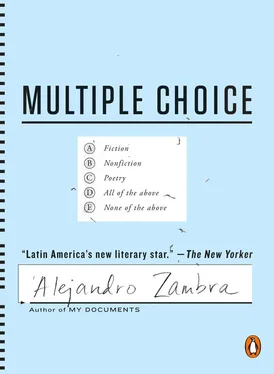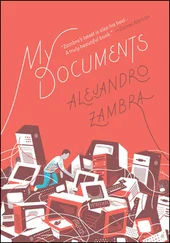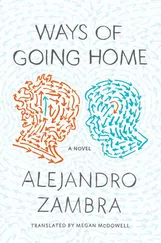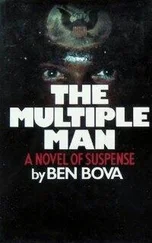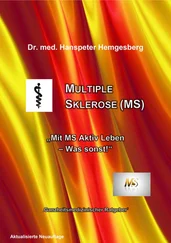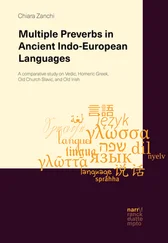__________
Covarrubias family tradition dictated that the firstborn son should be named Luis Antonio, but when Covarrubias senior found out that twins were on the way he decided to divide his name between them. During their first years of life, Luis and Antonio Covarrubias enjoyed — or suffered through — the excessively equal treatment that parents tend to give to twins: the same haircut, the same clothes, the same class in the same school.
When the twins were ten years old, Covarrubias senior installed a partition in their room, and he sawed cleanly through the old bunk bed to make two identical single beds. The idea was to give the twins a certain amount of privacy, but the change wasn’t all that significant, because they still talked through the partition every night before falling asleep. They inhabited different hemispheres now, but it was a small planet.
When the twins were twelve they entered the National Institute, and that was their first real separation. Since the 720 incoming seventh-graders were distributed randomly, the twins were placed in different classes for the first time ever. They felt pretty lost in that school, which was so huge and impersonal, but they were strong and determined to persevere in their new lives. Despite the relentless barrage of looks and stupid jokes from their classmates (“I think I’m seeing double!”), they always met at lunch to eat together.
At the end of seventh grade, they had to choose between fine art and music; they both chose art, in the hope that they’d be placed together, but they were out of luck. At the end of eighth grade, when they had to choose between French and English, they planned to go with French, which, as the minority choice, would practically ensure that they’d be in the same class. But after a sermon from Covarrubias senior about the importance of knowing English in today’s savage and competitive world, they gave in. Things went no better for them in their freshman and sophomore years, when students were grouped based on ranking, even though they both had good grades.
For their junior year, the twins chose a humanities focus, and finally they were placed together, in Class 3-F. Being classmates again after four years apart was fun and strange. Their physical similarity was still extraordinary, although acne had been cruel to Luis’s face, and Antonio was showing signs of wanting to stand out: his hair was long, or what passed for long back then, and the layer of gel that plastered it back gave him a less conventional appearance than his brother’s. Luis kept the classic cut, military style, his hair two fingers above his shirt collar as the regulations stipulated. Antonio also wore baggier pants and, defying the rules, often went to school in black sneakers instead of dress shoes.
The twins sat together during the first months of the school year. They protected and helped each other, though when they fought they seemed to hate each other, which, of course, is the most natural thing in the world: there are moments when we hate ourselves, and if we have someone in front of us who is almost exactly like us our hate is inevitably directed toward that person. But around the middle of the year, for no obvious reason, their fights became harsher, and at the same time, Antonio lost all interest in his studies. Luis’s life, on the other hand, continued along its orderly path. He kept his record spotless, and his grades were very good; in fact, he was first in his class that year. Incredibly, his brother was last and would have to repeat the grade, and that was how the twins’ paths diverged again.
There was only one school counselor for more than four thousand students, but he took an interest in the twins’ case and called their parents in for a meeting. He offered the theory, not necessarily true, that Antonio had been driven by an unconscious desire (the counselor explained to them, quickly and accurately, exactly what the unconscious was) not to be in the same class as his brother.
Luis sailed through his senior year with excellent grades, and got outstanding scores on all the university entrance exams, especially History of Chile and Social Studies, on which he got nearly the highest scores in the nation. He entered the University of Chile to study law, on a full scholarship.
__________
The twins were never as distant from each other as they were during Luis’s first months in college. Antonio was jealous when he saw his brother leaving for the university, free now of his uniform, while he was still stuck in high school. Some mornings their schedules coincided, but thanks to a tacit and elegant agreement — some version, perhaps, of the famous twin telepathy — they never boarded the same bus.
They avoided each other, barely greeting one another, though they knew that their estrangement couldn’t last forever. One night, when Luis was already in his second semester of law, Antonio started talking to him again through the partition. “How’s college?” he asked.
“In what sense?”
“The girls,” Antonio clarified.
“Oh, there are some really hot girls,” Luis replied, trying not to sound boastful.
“Yeah, I know there are girls, but how do you do it?”
“How do we do what?” said Luis, who, deep down, knew exactly what his brother was asking.
“How do you fart with girls around?”
“Well, you just have to hold it in,” Luis answered.
They spent that night, as they had when they were children, talking and laughing while they competed with their farts and burps, and from then on they were once again inseparable. They kept up the illusion of independence, especially from Monday to Friday, but on weekends they always went out together, matched each other drink for drink, and played tricks switching places, taking advantage of the fact that, thanks to Luis’s newly long hair and now-clear skin, their physical resemblance was once again almost absolute.
Antonio’s academic performance had improved a great deal, but he still wasn’t a model student, and toward the end of his senior year he began to get anxious. Though he felt prepared for the aptitude test, he wasn’t sure that he would be able to score high enough to study law at the University of Chile like his brother. The idea was Antonio’s, naturally, but Luis accepted right away, with no blackmail or stipulations, and without an ounce of fear, since at no point did he consider it possible that they would be found out. In December of that year, Luis Covarrubias registered, presenting his brother Antonio’s ID card, to take the test for the second time, and he gave it his all. He tried so hard that he got even better scores than he had the year before: in fact, he received the nation’s highest score on the Social Studies test.
__________
“But none of us have twin brothers,” Cordero said that afternoon, when Segovia finished his story. It may have been drizzling or raining, I don’t remember, but I know that the teacher was wearing a blue raincoat. He got up to buy cigarettes, and when he came back to our table he stayed on his feet, maybe to reestablish a protocol that had been lost: the teacher stands, the students sit. “You’ll still come out ahead,” he told us. “You don’t know how privileged you are.”
“Because we go to the National Institute?” I asked.
He puffed anxiously on his cigarette, perhaps already somewhat drunk, and he was silent for so long that it was no longer necessary to answer, but then an answer came. “The National Institute is rotten, but the world is rotten,” he said. “They prepared you for this, for a world where everyone fucks everyone over. You’ll do well on the test, very well, don’t worry — you weren’t educated, you were trained.” It sounded aggressive, but there was no contempt in his tone, or, at least, none directed at us.
Читать дальше
